What happens inside your body when you get a tattoo? What are the risks?

Your Tattoo is INSIDE Your Immune System. Literally - YouTube
Human skin always acts as a barrier to protect the body from microorganisms, dirt, bacteria, and ultraviolet rays.

However, if your skin continues to be exposed to the external environment, it will gradually become damaged.

To combat this, the body has a conveyor-belt system in which stem cells, which are located approximately 1 mm deep from the surface of the body called

As the resulting cells mature, they form a waterproof coating called

The cells pushed outward eventually dry up and die, and are condensed by a lamellar structure to form the stratum corneum .

The skin cells that form the stratum corneum are replaced one after another, allowing dirt and microorganisms attached to the skin to be expelled. Therefore, even if you get a tattoo in this area where cells are produced, it will disappear quickly.

Therefore, when getting a tattoo, the needle is inserted into
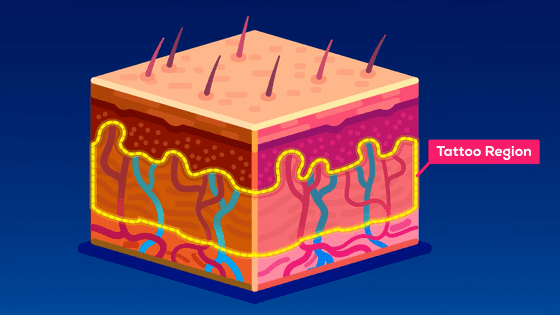
By piercing the needle twice per second, it is possible to deliver tattoo ink deep into the dermis.
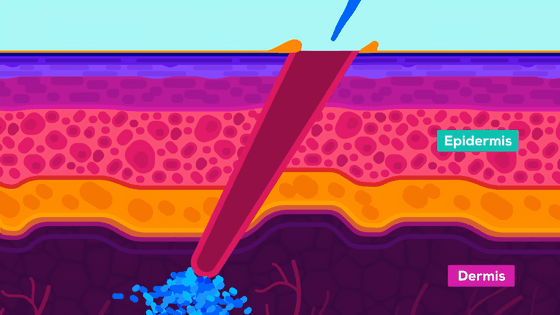
However, at the same time, tens of thousands of cells die or are irreparably damaged.

Also, no matter how much you sterilize the needle, it is impossible to kill all the bacteria, so bacteria and germs attached to the needle can enter the skin.

Additionally, ink is made from hundreds of chemicals, including lead, nickel, and chromium, which are known to be toxic and carcinogenic.
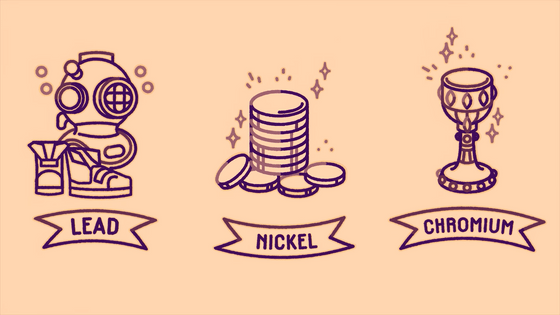
Hundreds of thousands of macrophages immediately spring into action to protect the body from these substances that enter the body. Macrophages have the function of taking in foreign substances that have entered the body and attacking them until they die.

However, the particles of ink used in tattoos are too large for macrophages to take in, and macrophages cannot attack them.
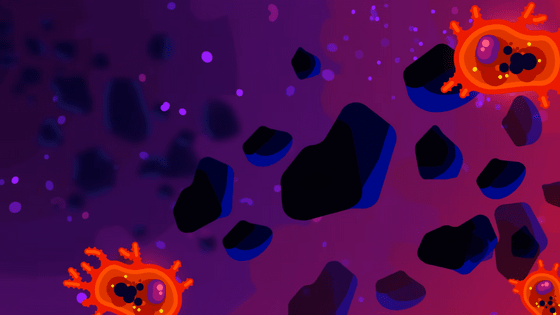
The macrophages then choose to remain in place with
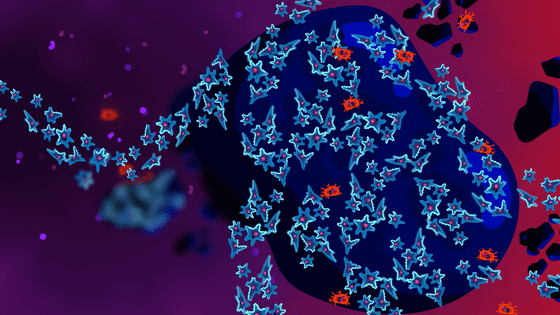
As a result, the color of the macrophages holding the ink appears through the epidermis.
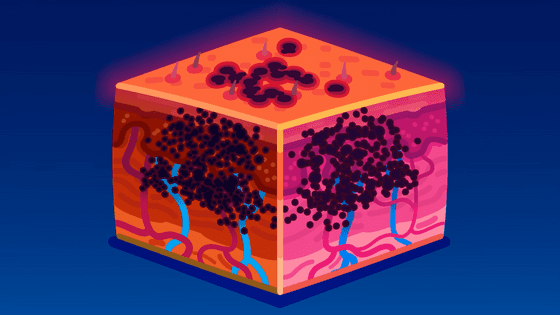
Therefore, the colorful tattoos appear to stand out on the surface of the body.

However, tattoos don't last forever. As time passes, the macrophages that hold the ink become old and reach the end of their lifespan.
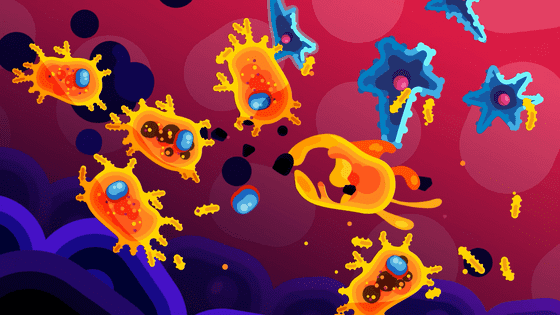
At that time, the ink flows out into
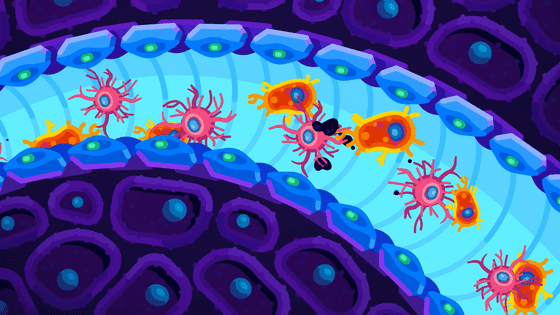
Therefore, the tattoo will gradually fade.

Getting a tattoo can have negative effects on your body, but removing a tattoo can also have negative effects. This is because when removing a tattoo, a laser is applied to the ink to heat it until the ink particles become fine, but healthy macrophages are also broken down in the process.

Related Posts:







